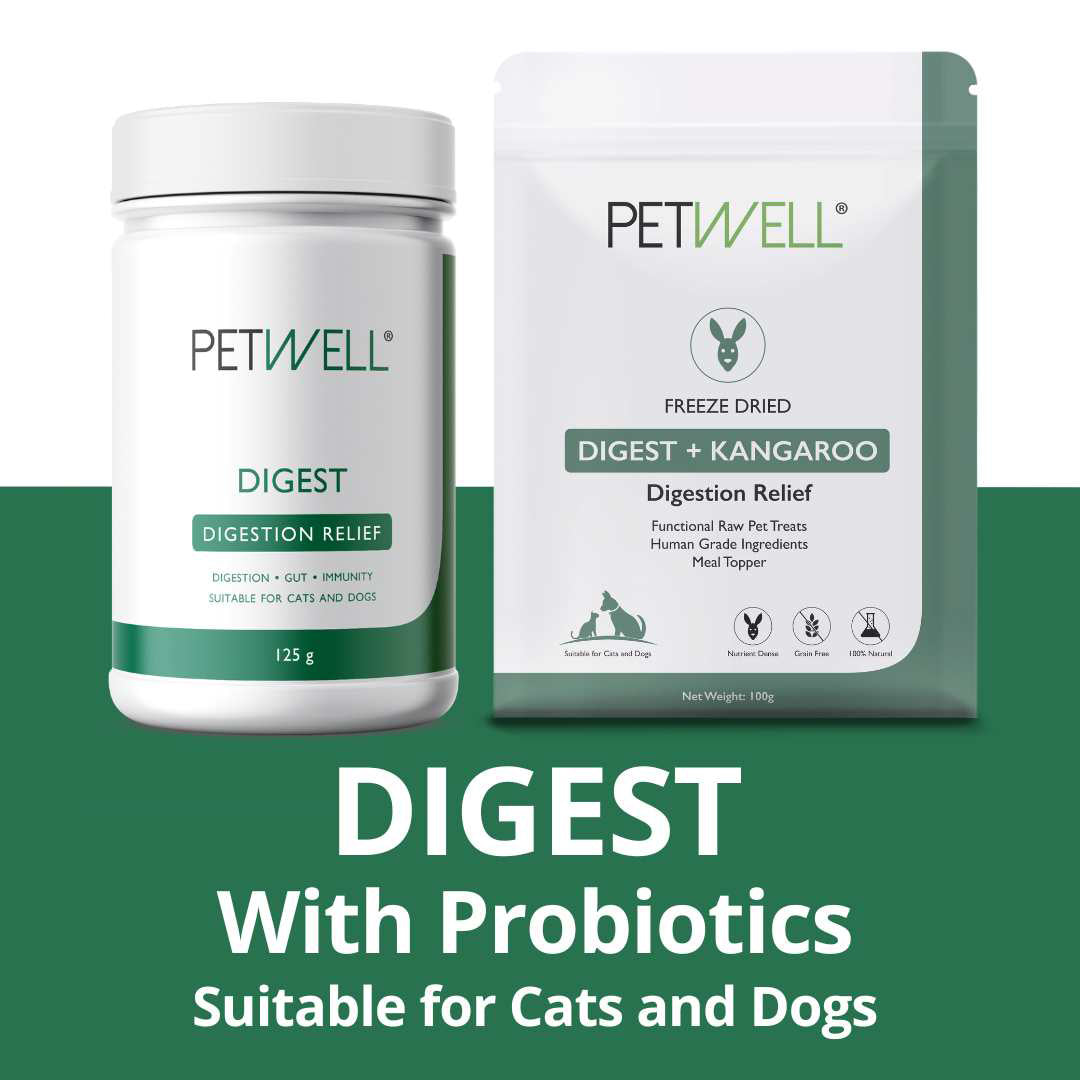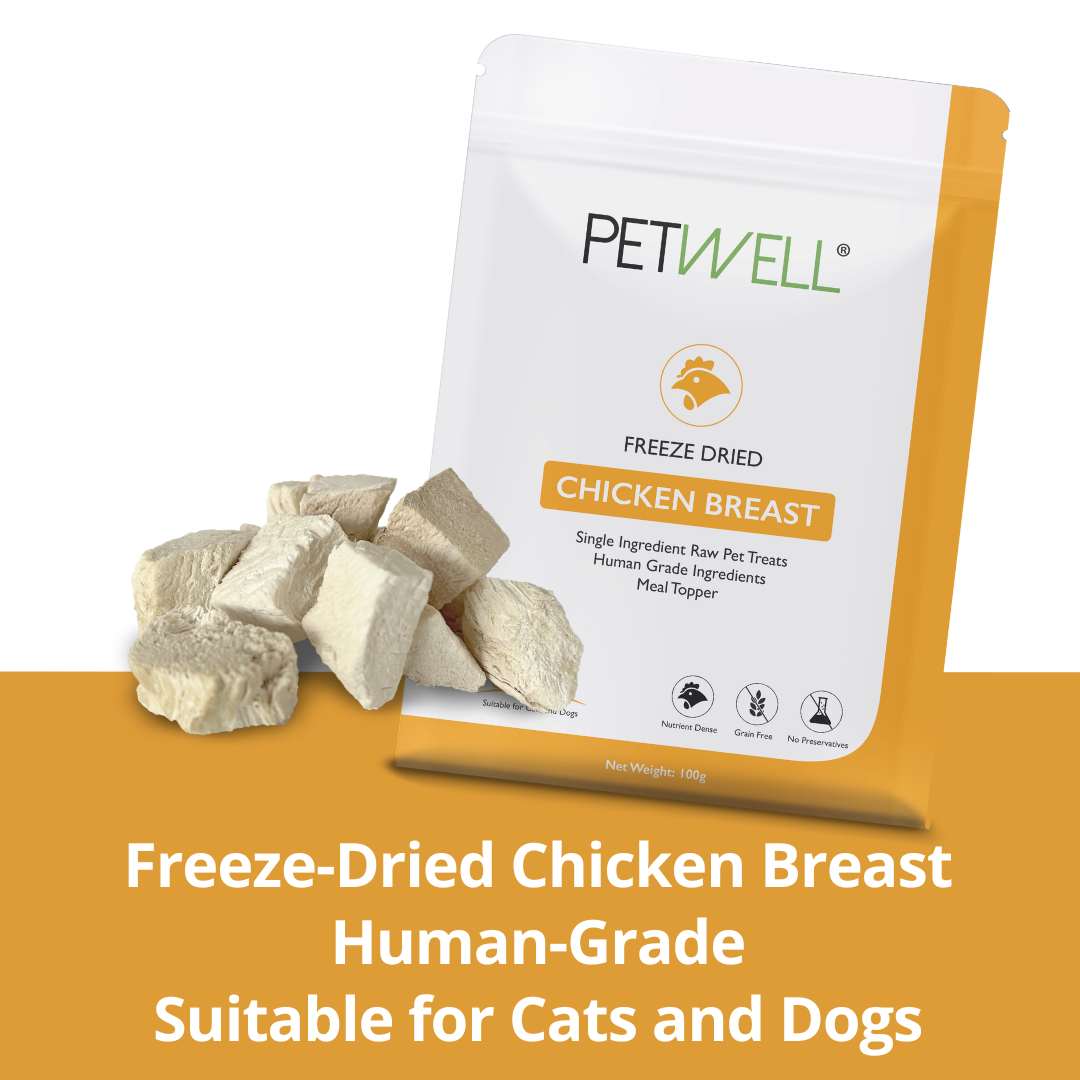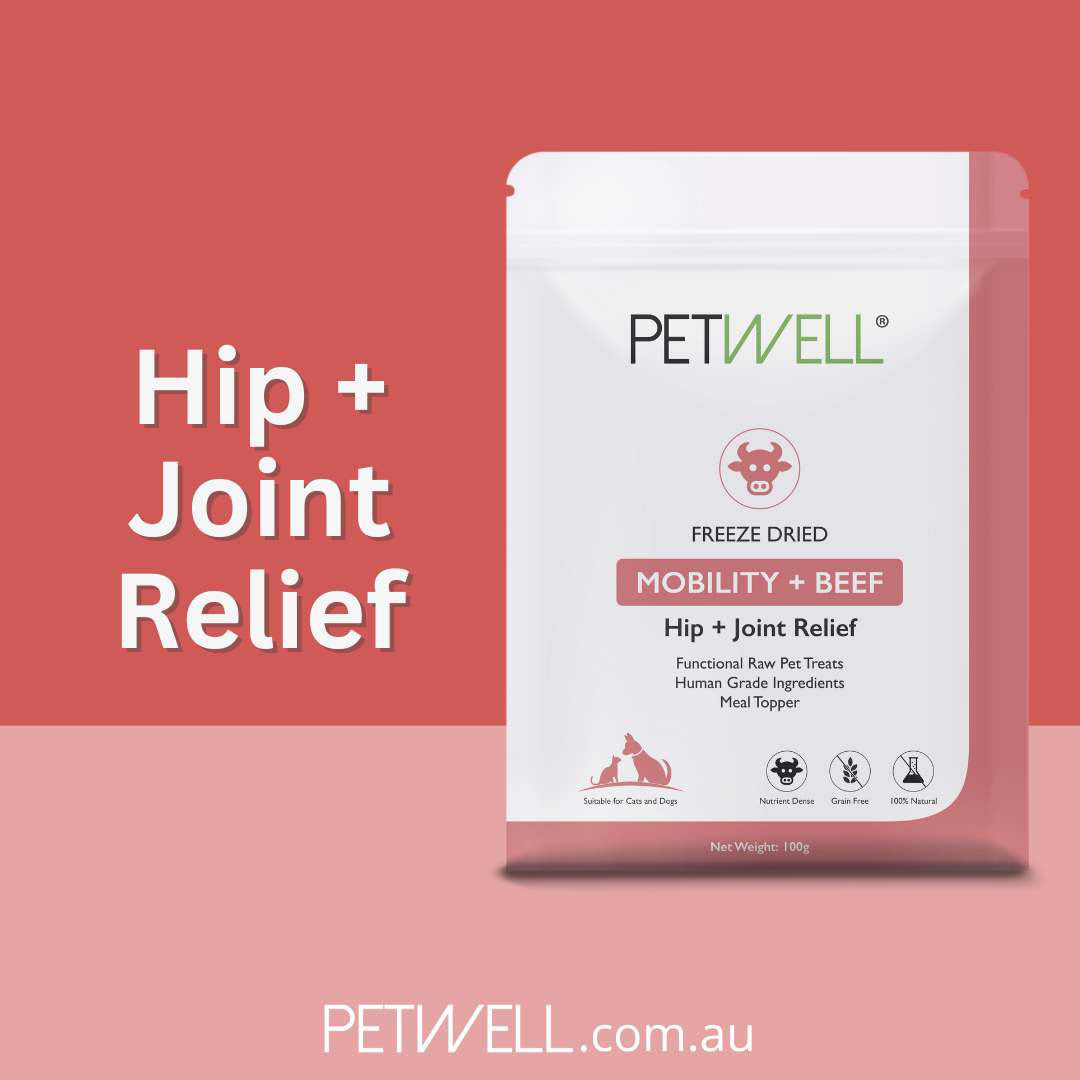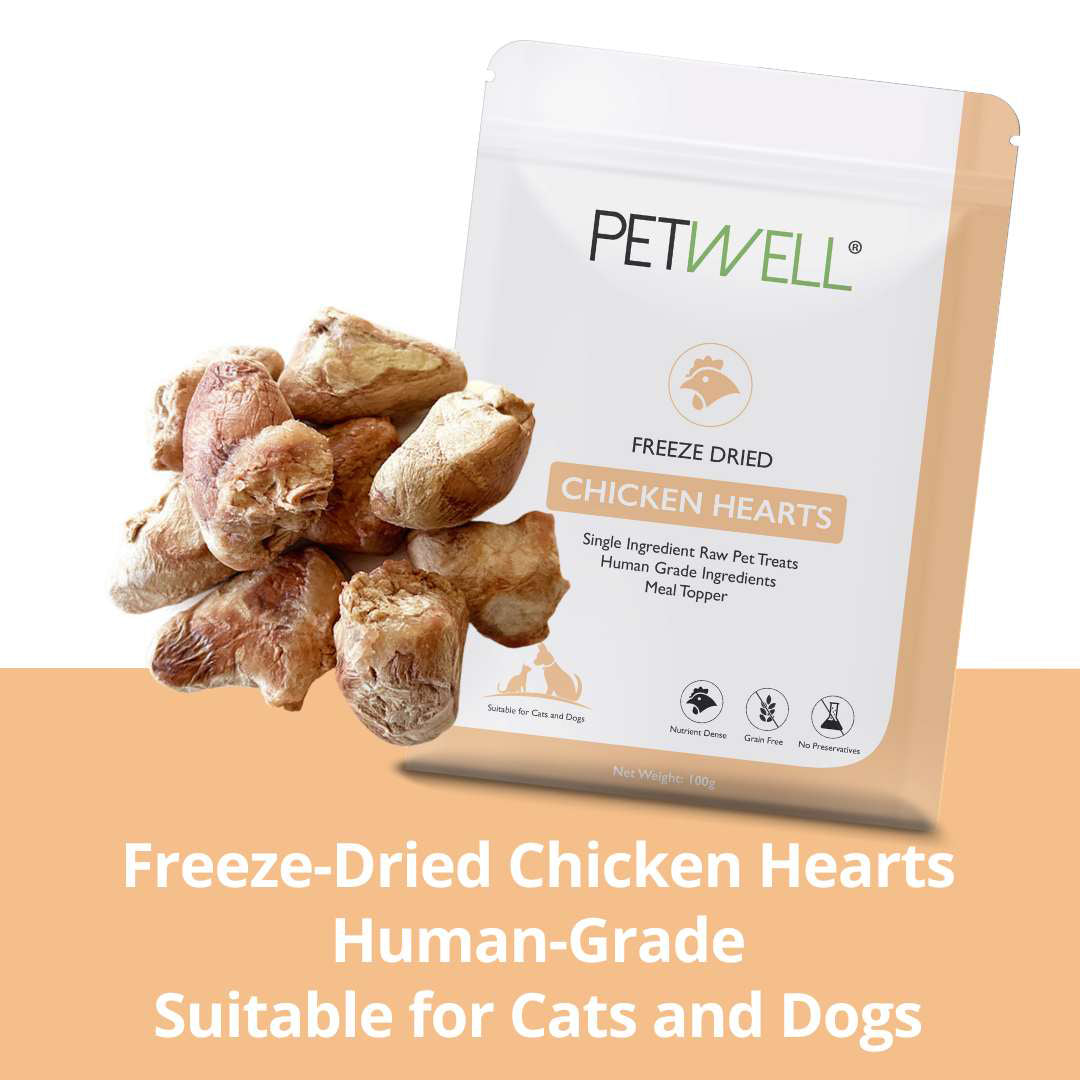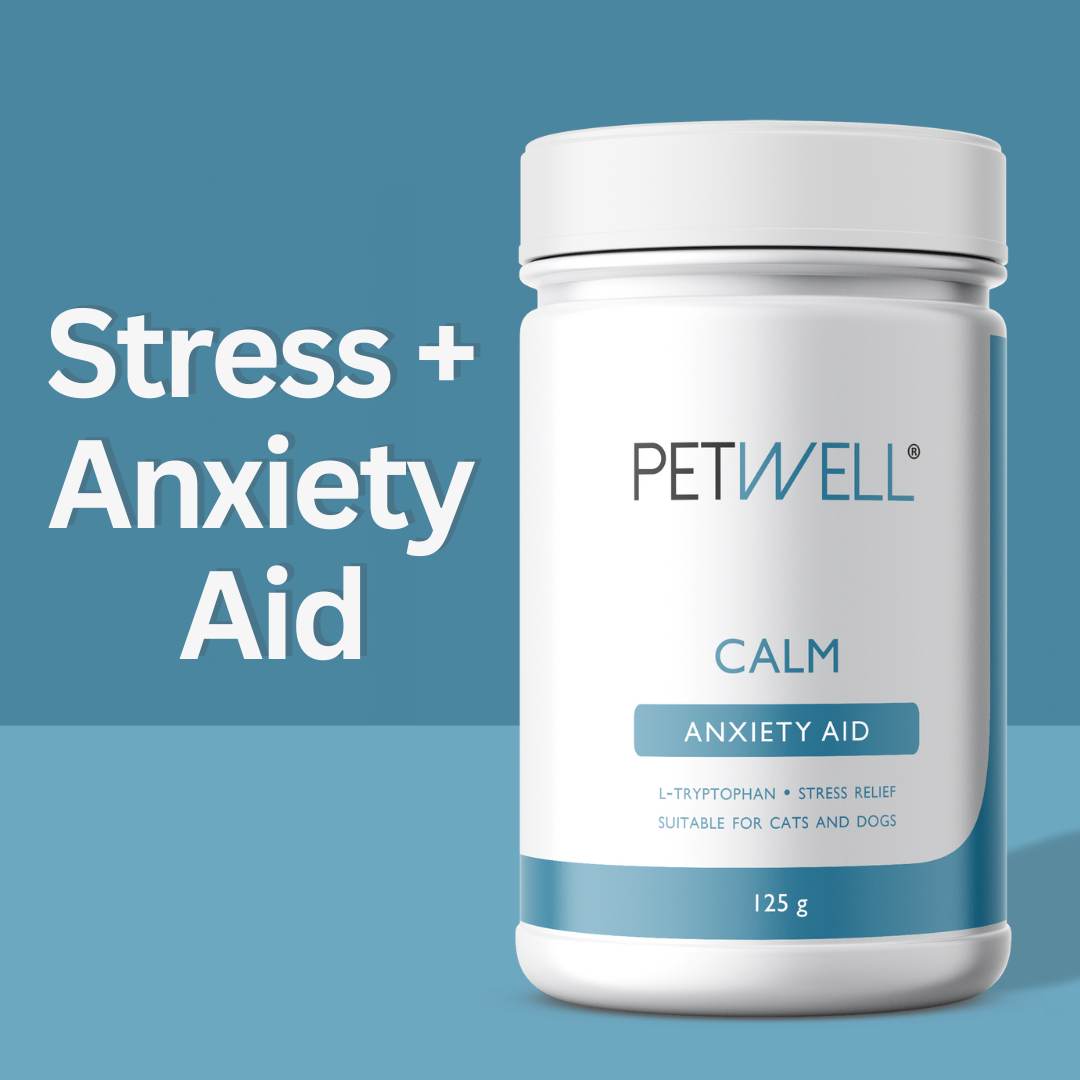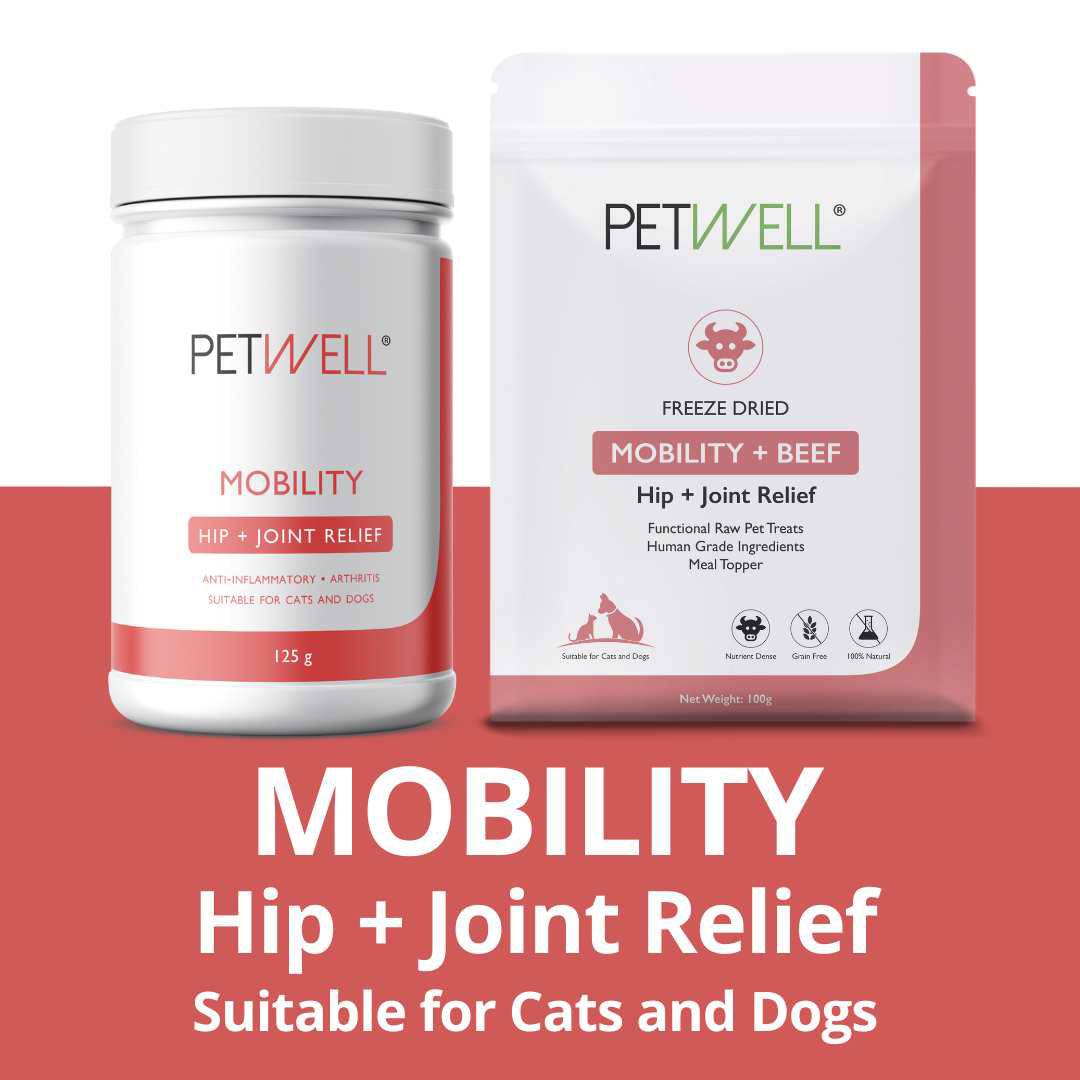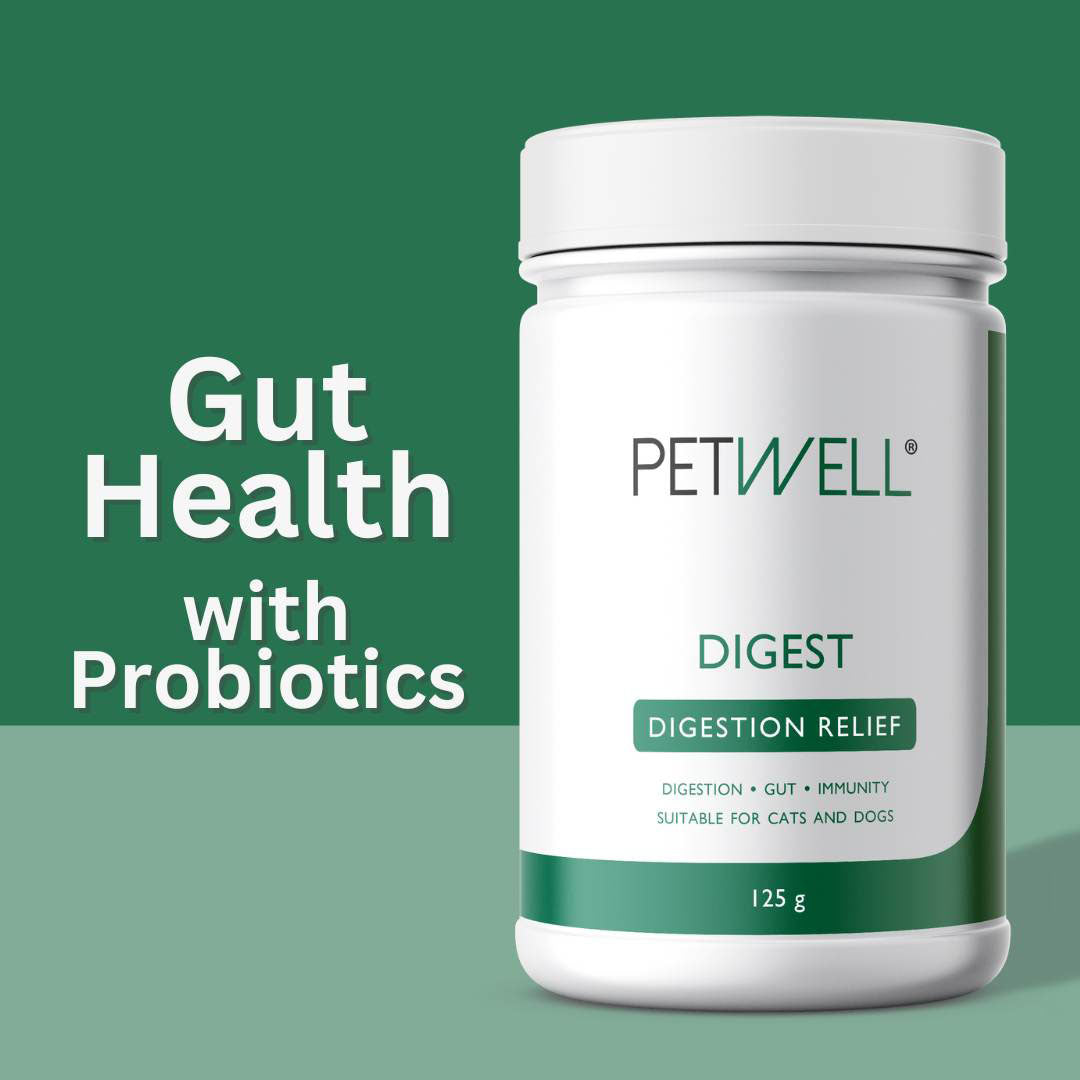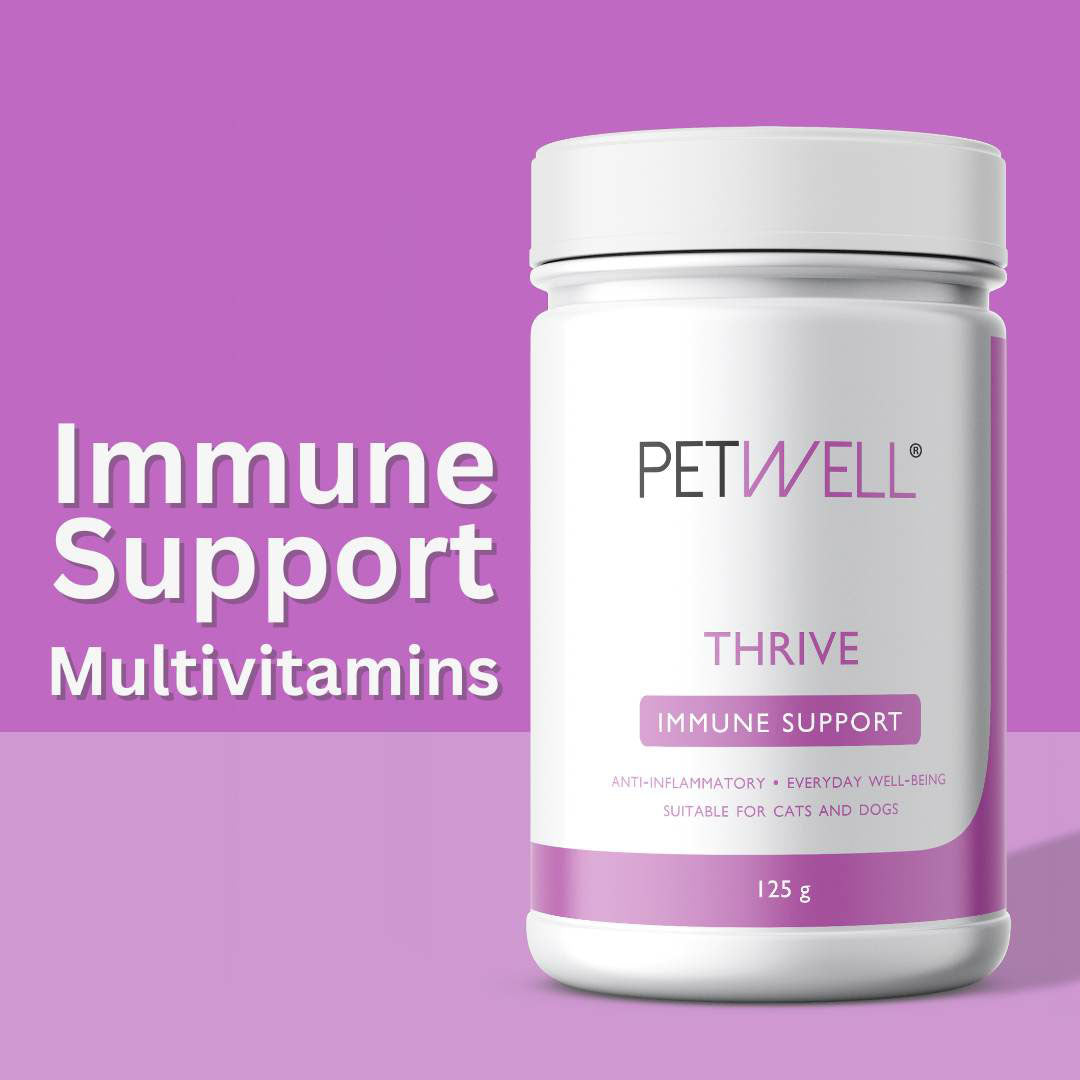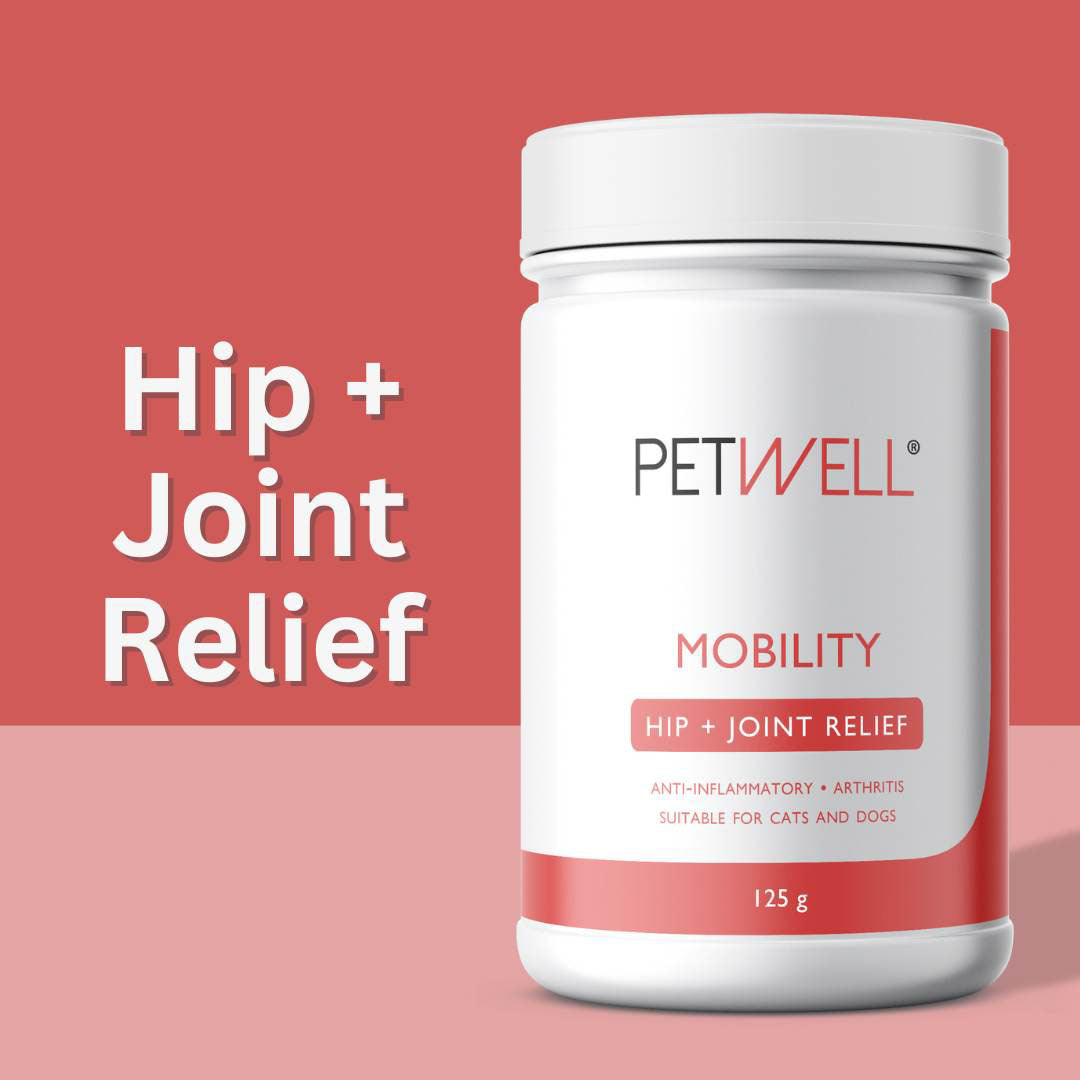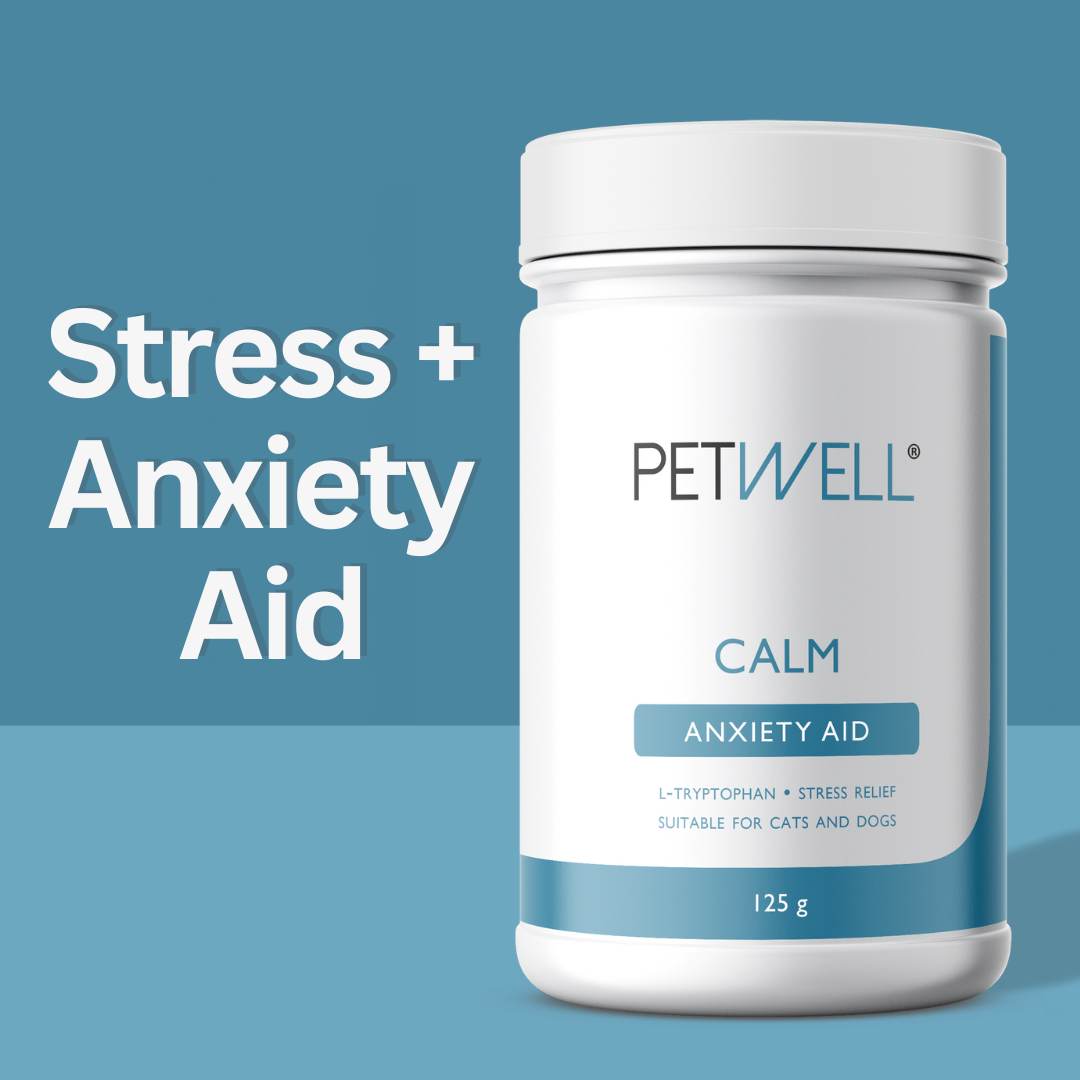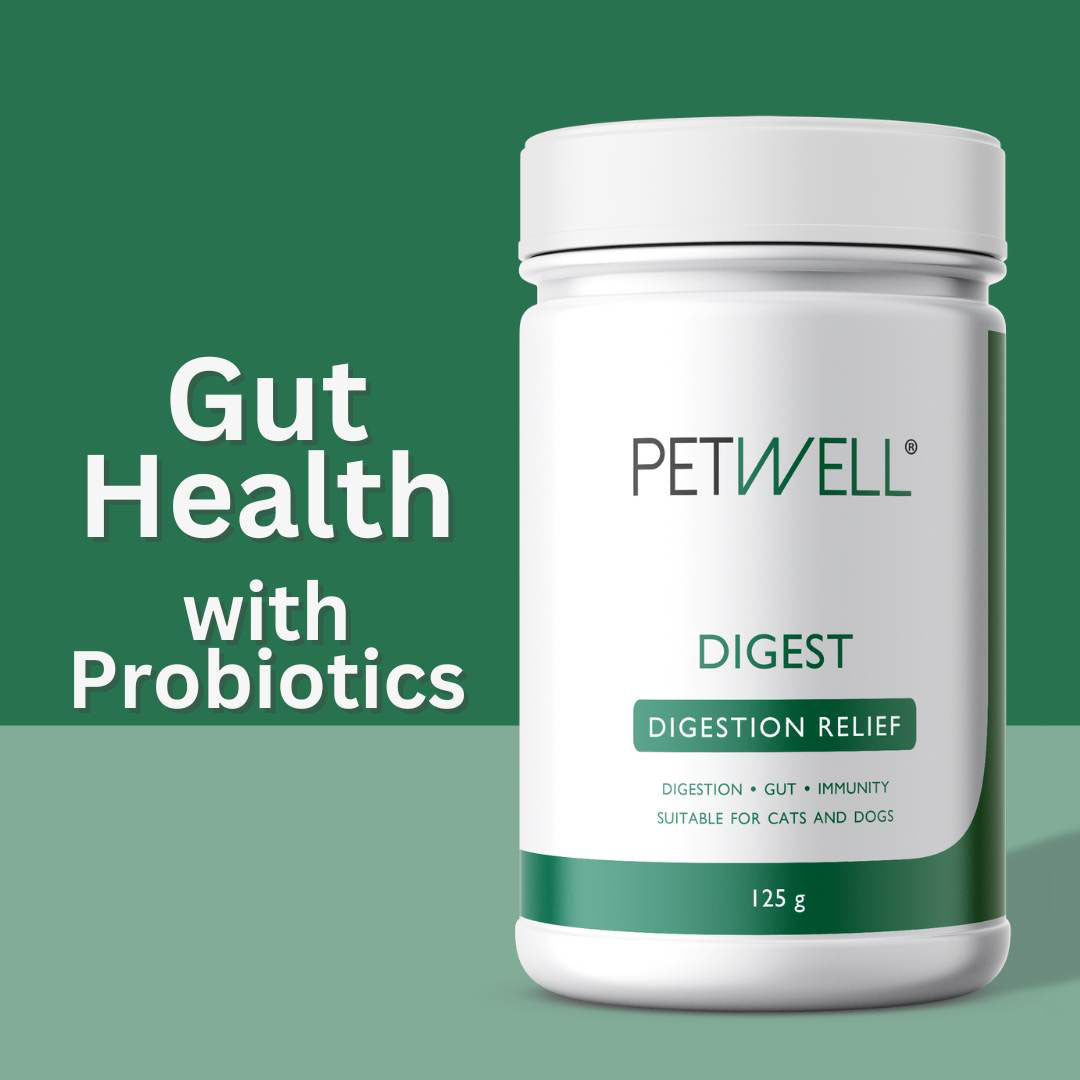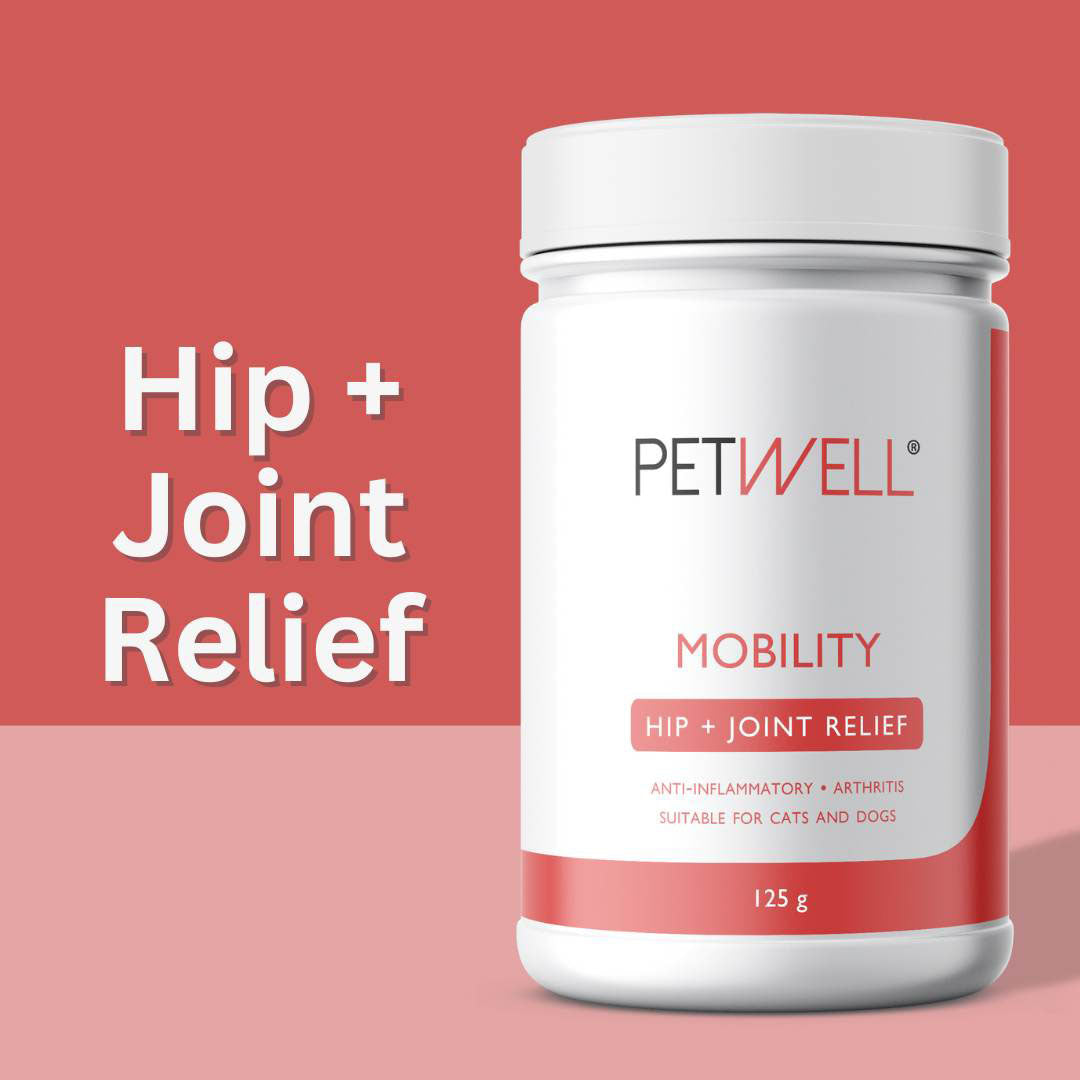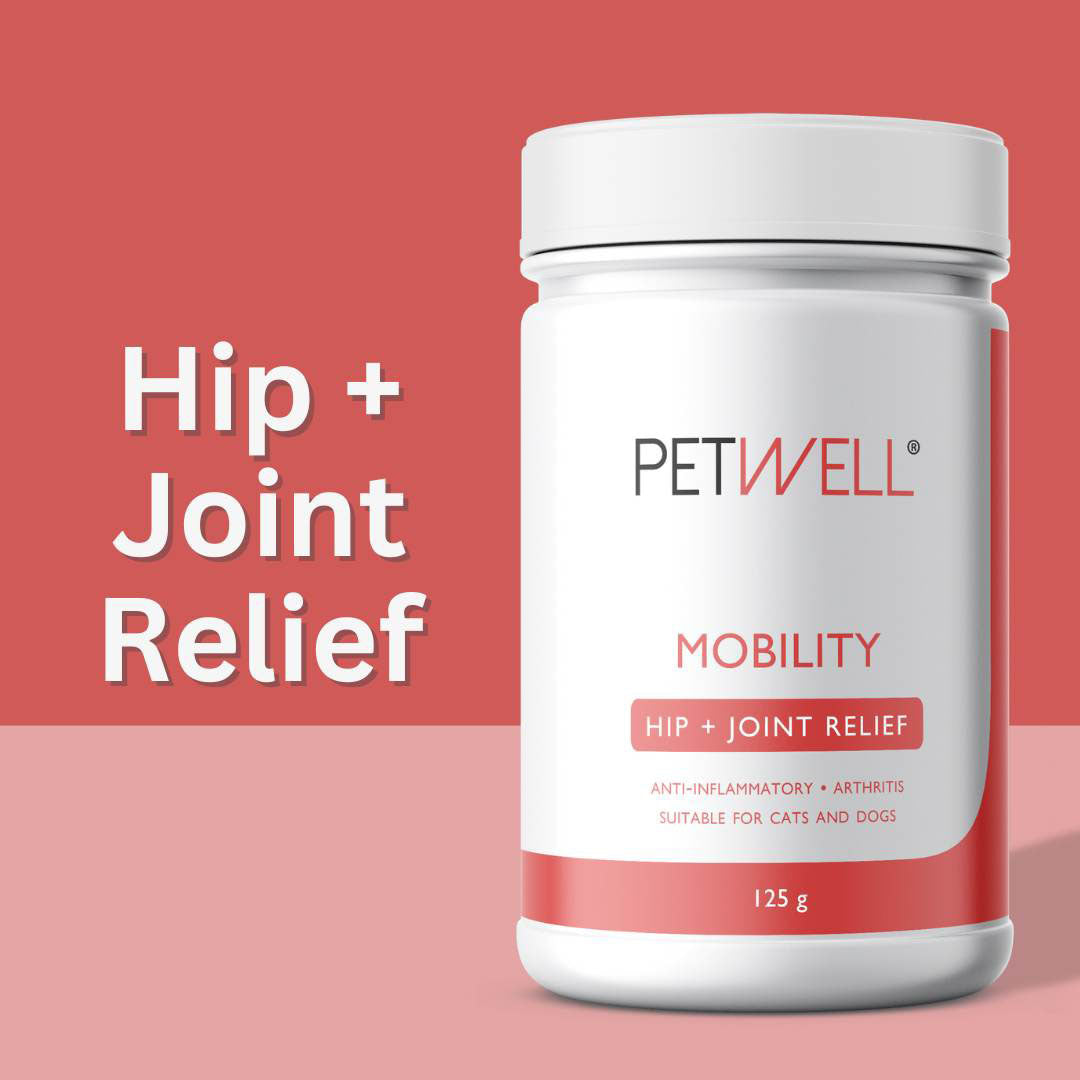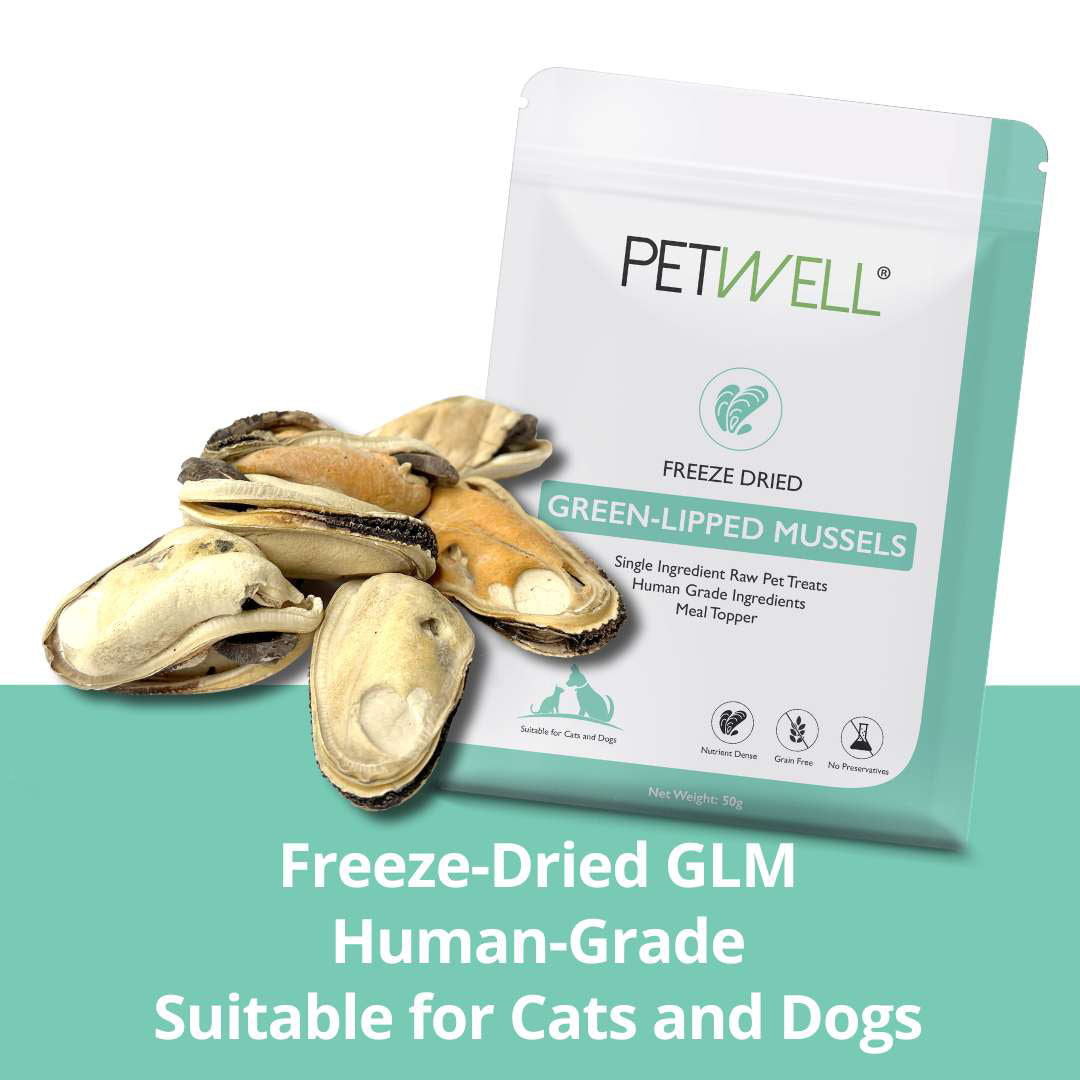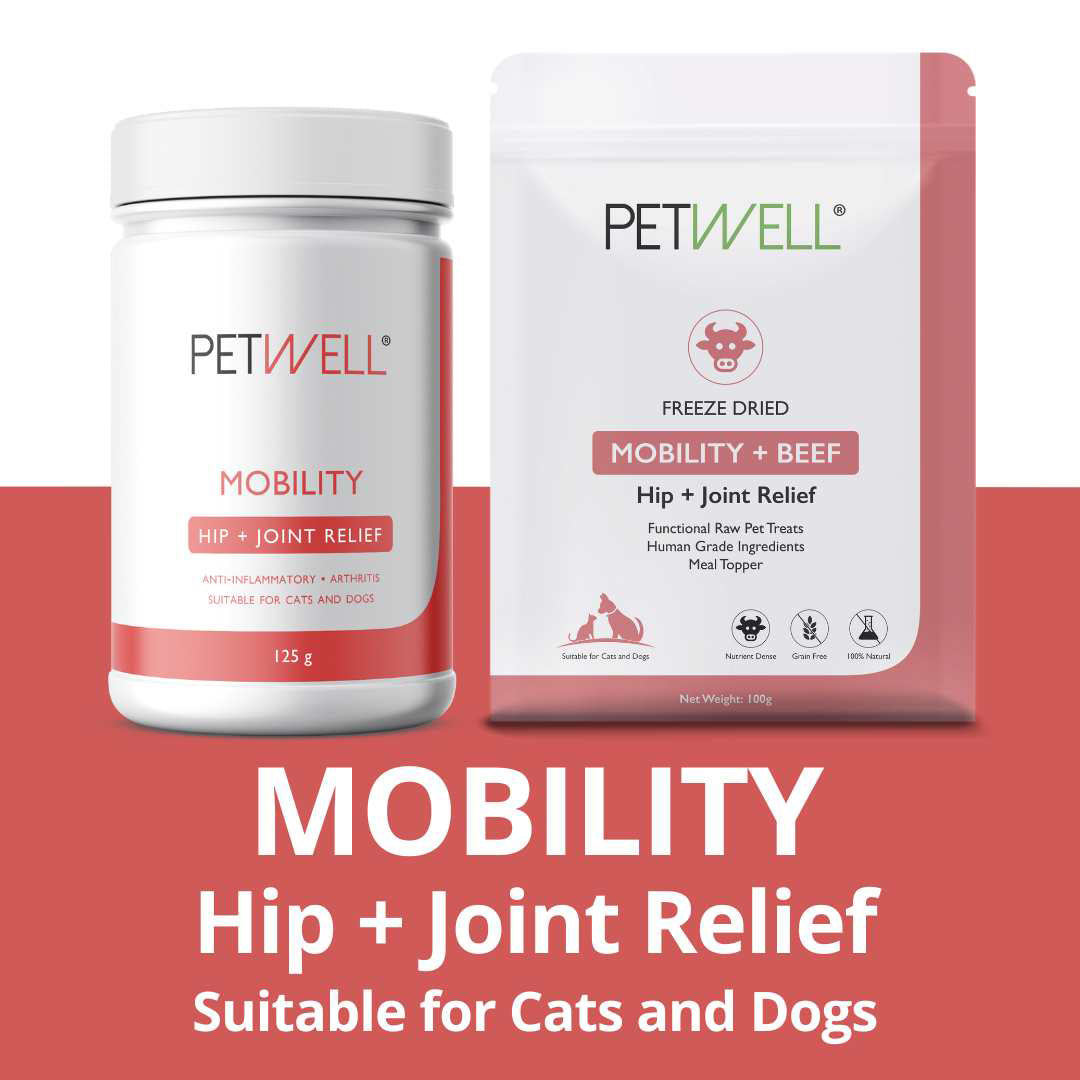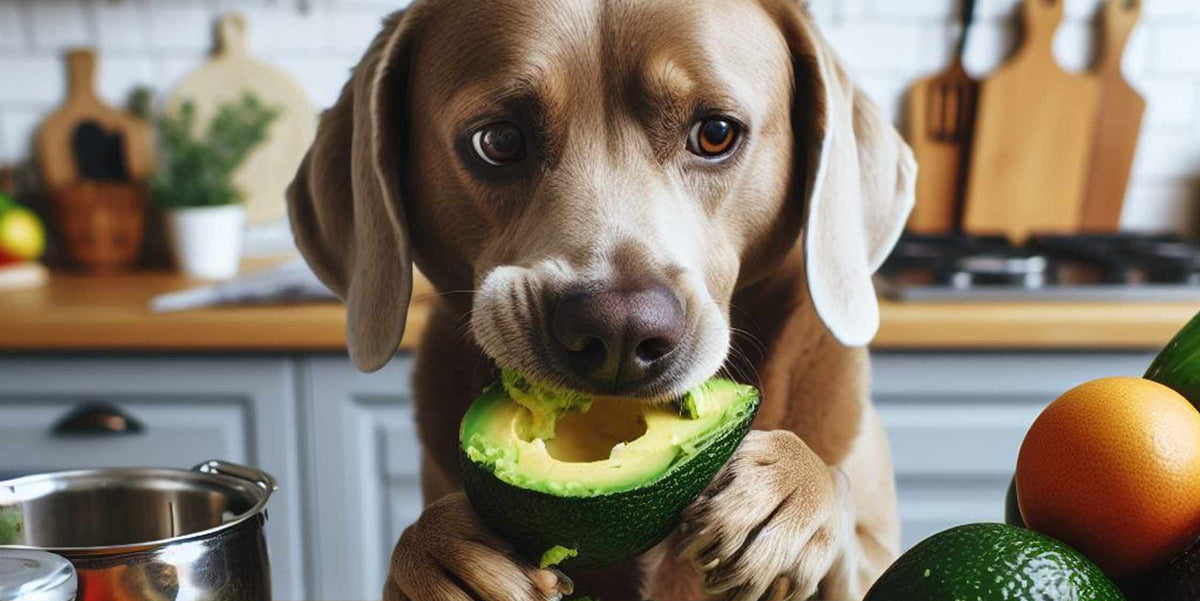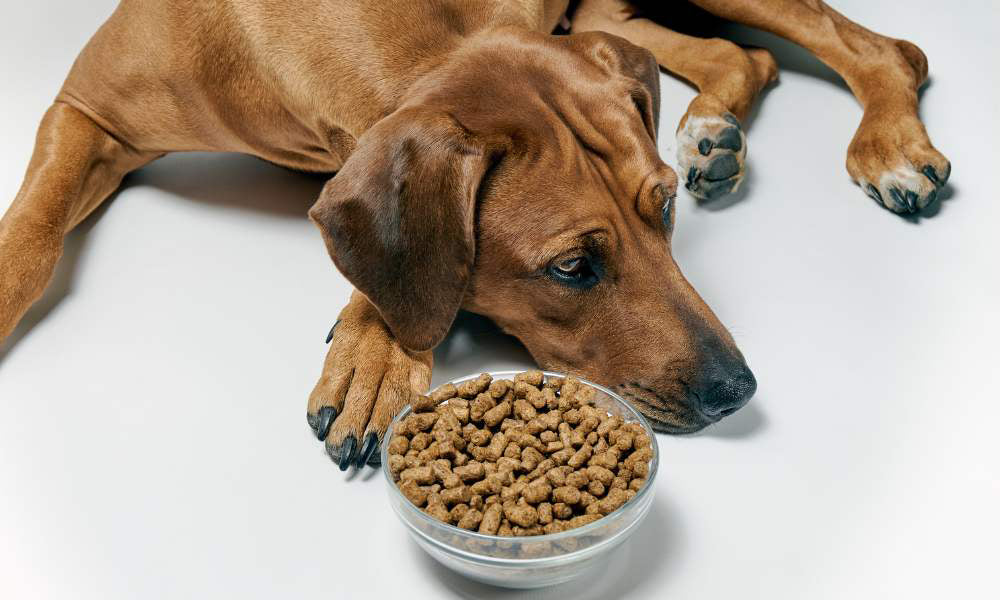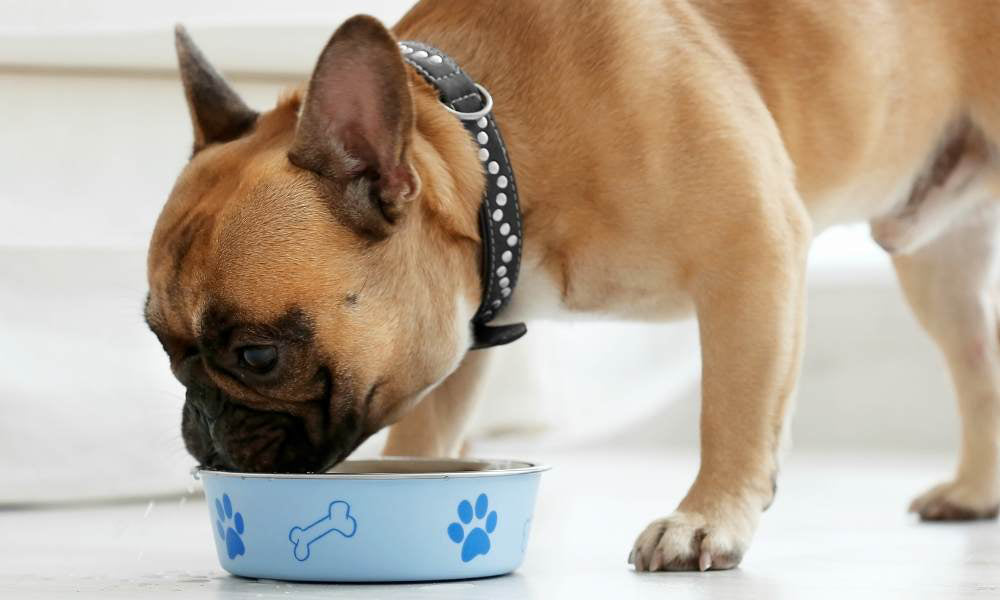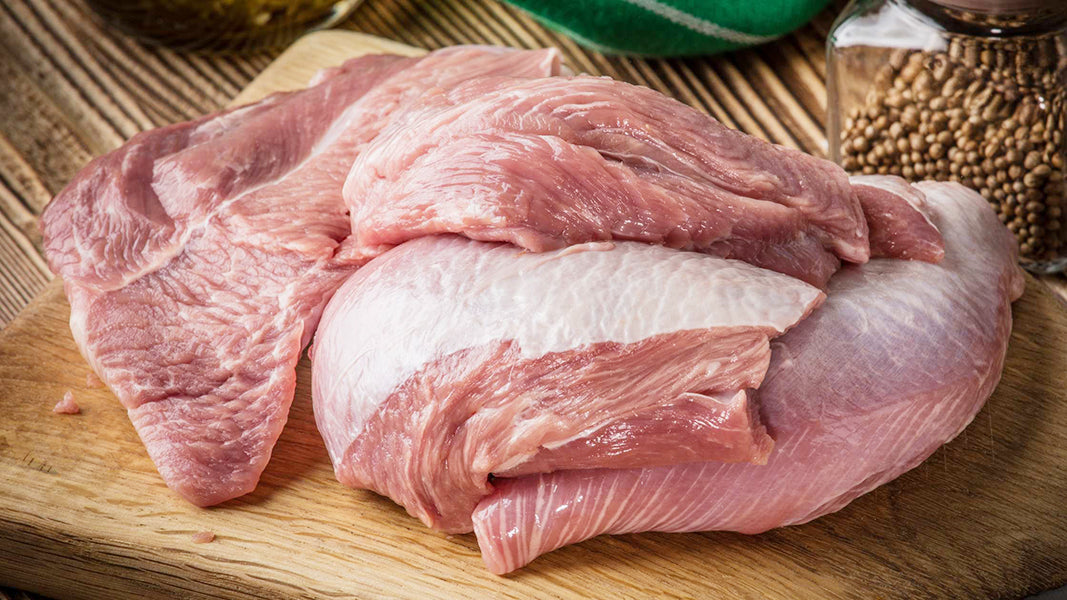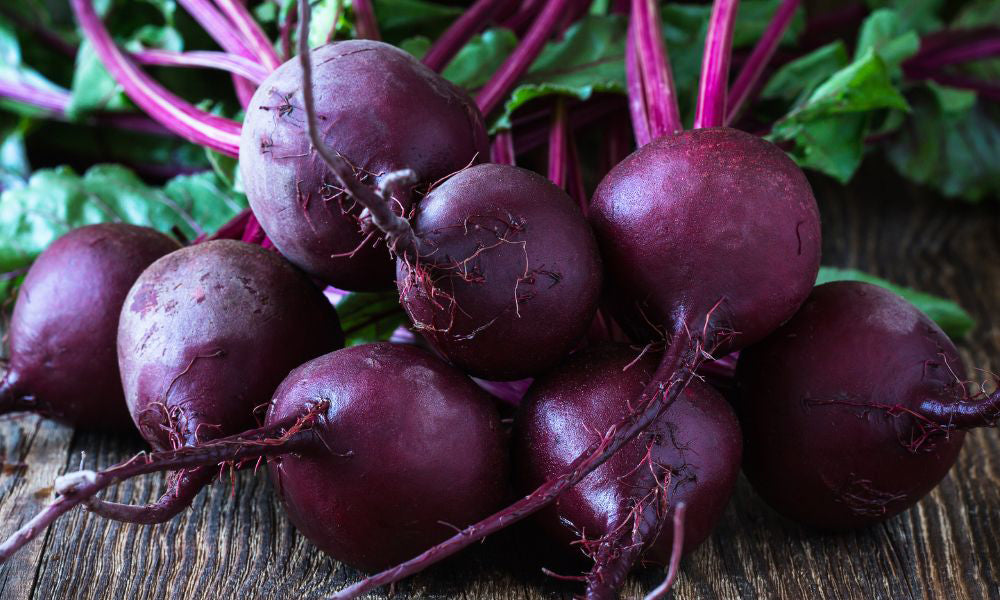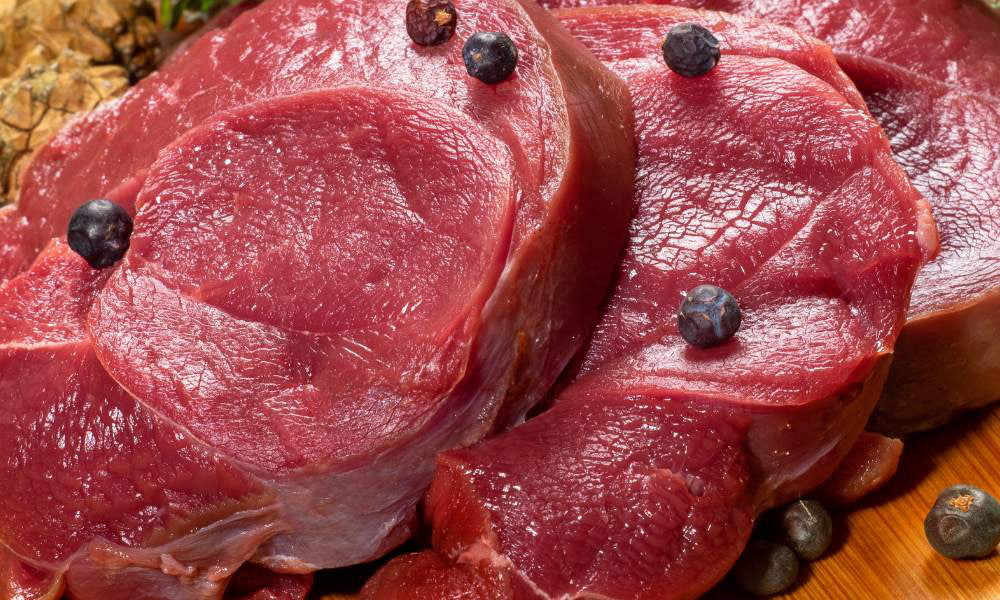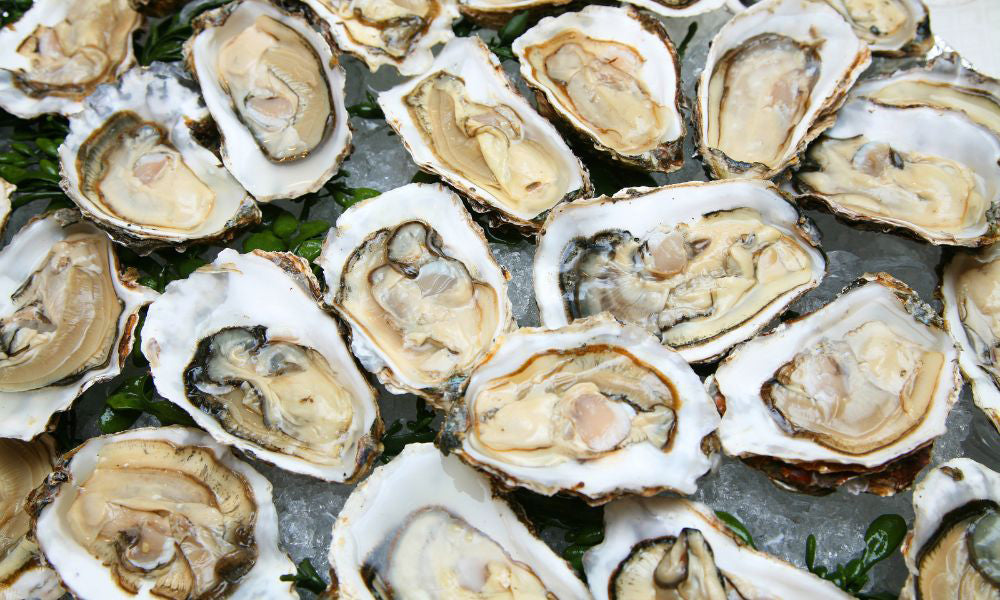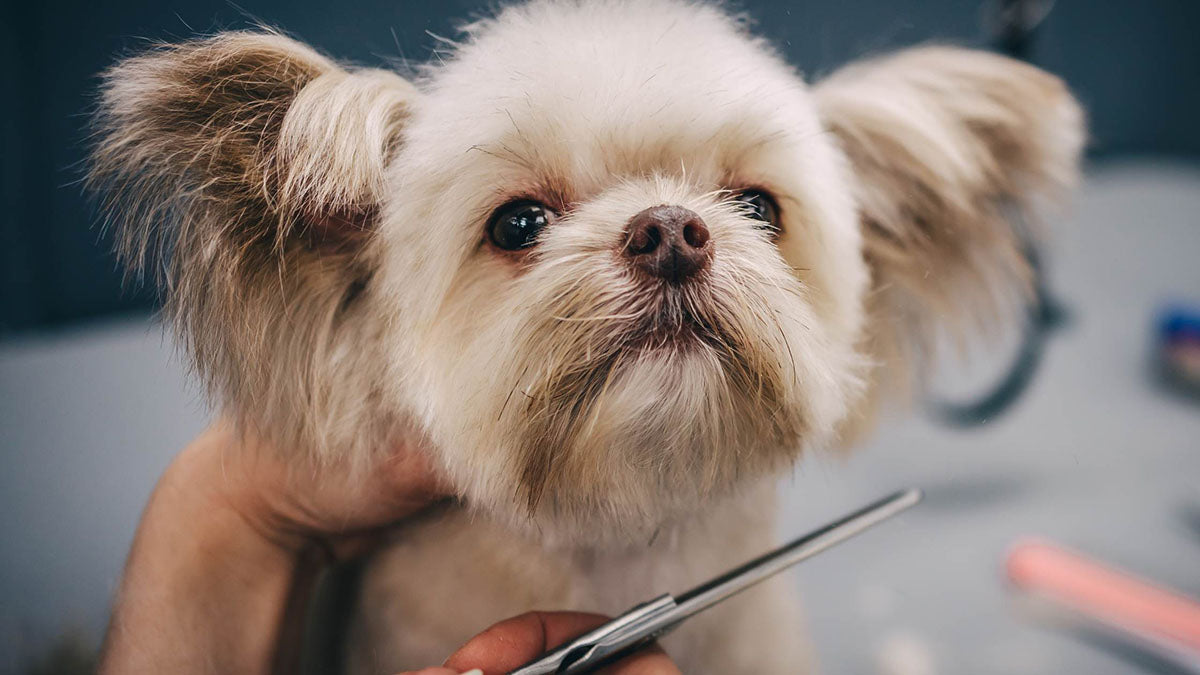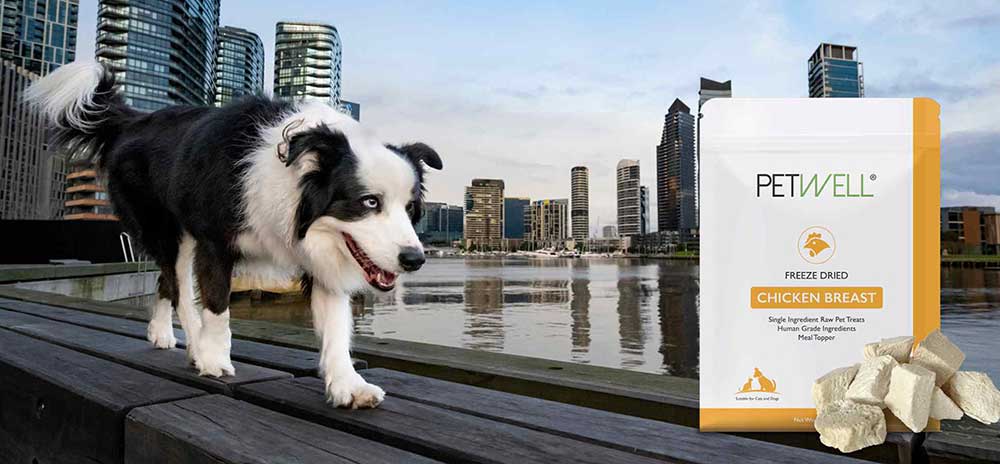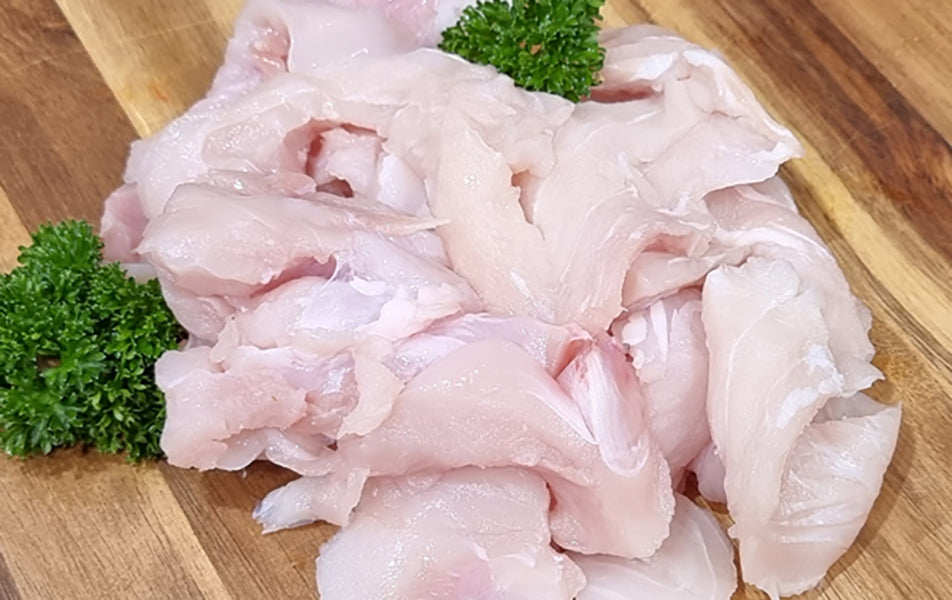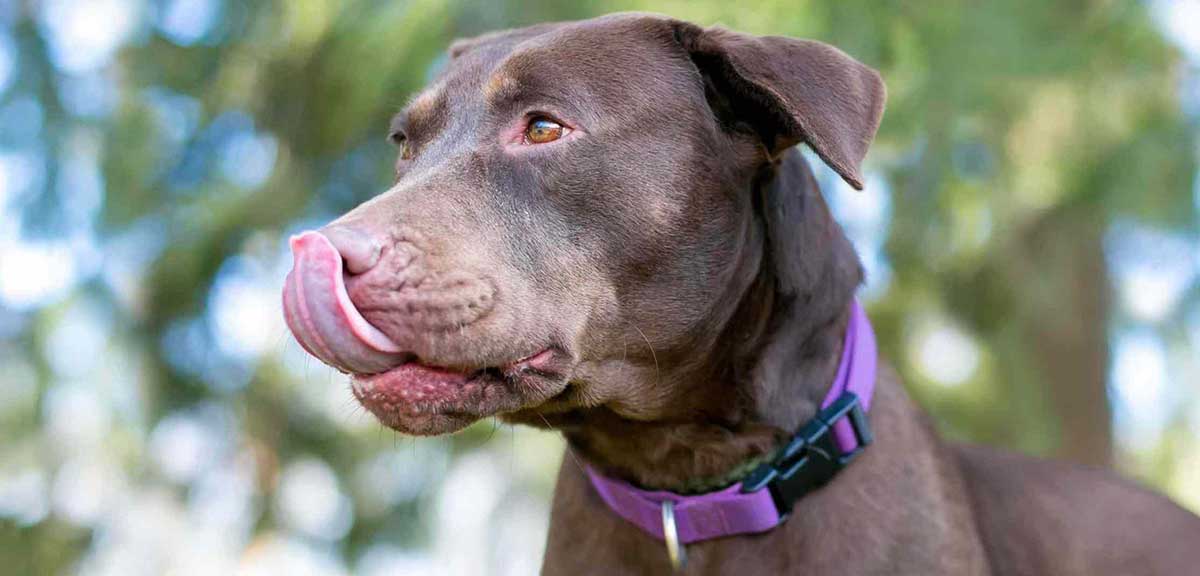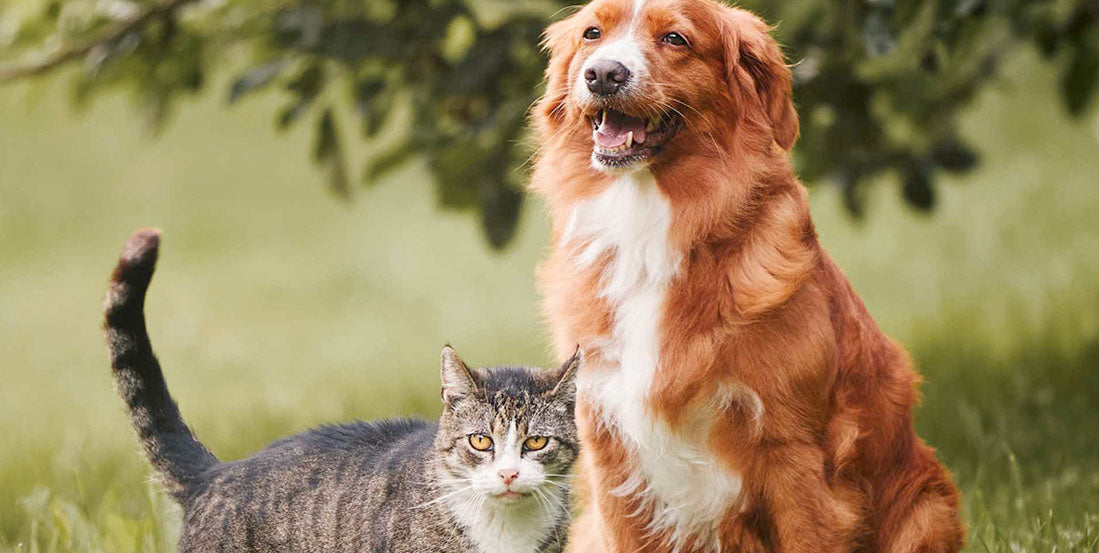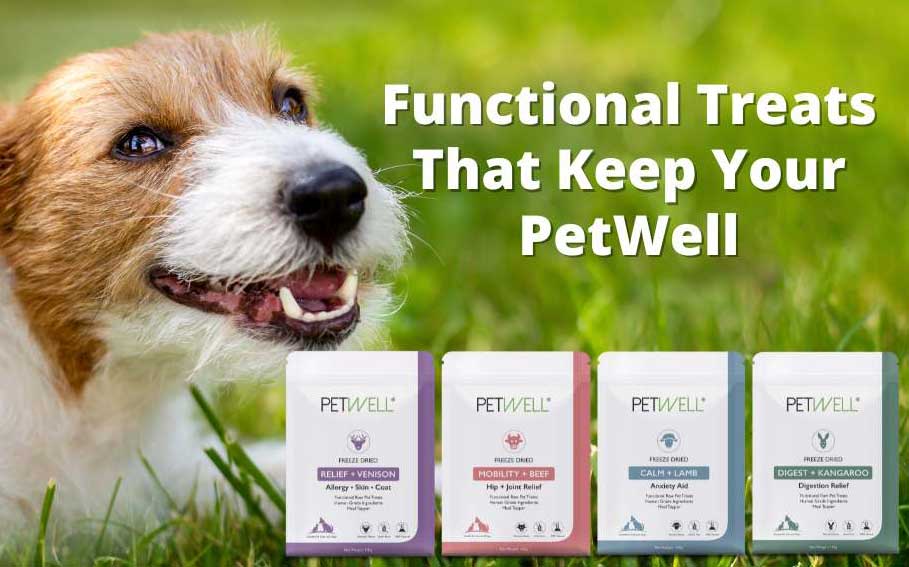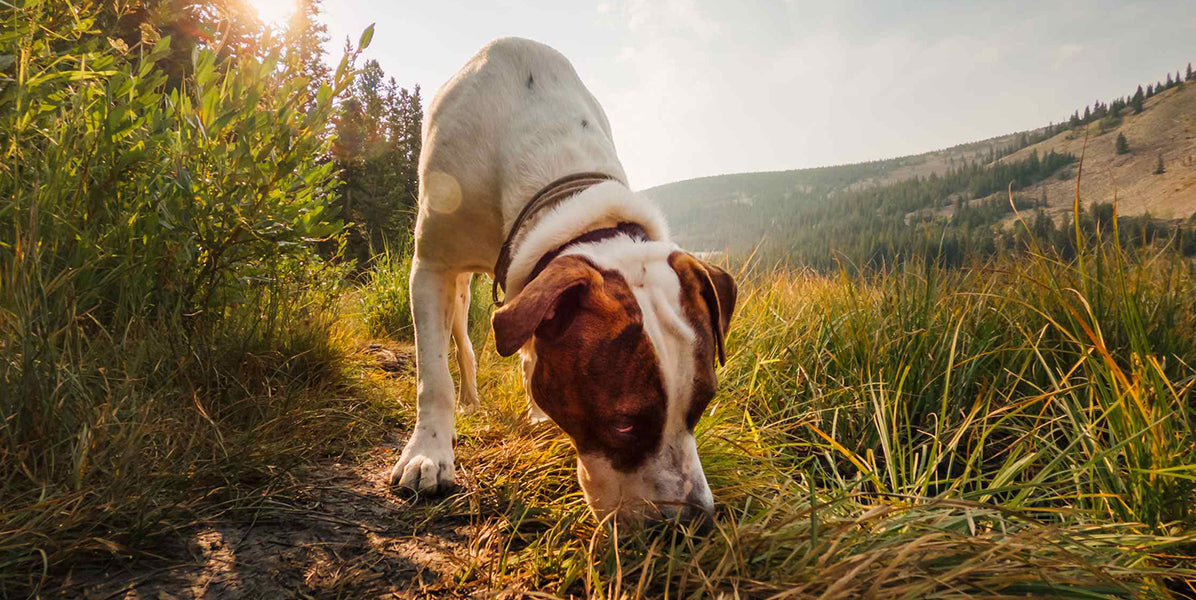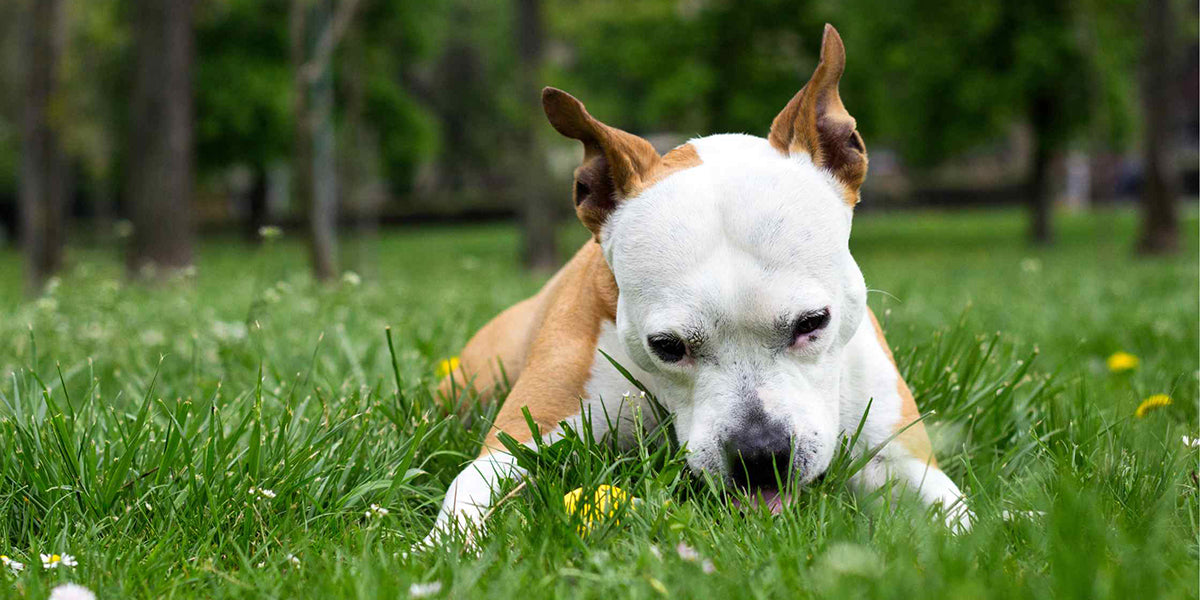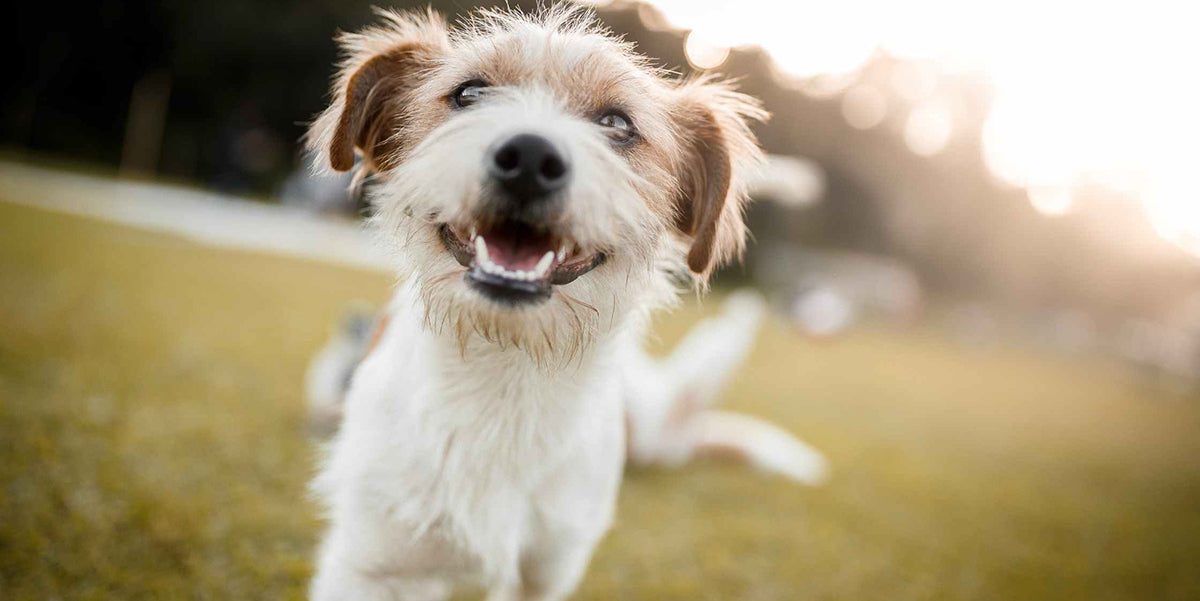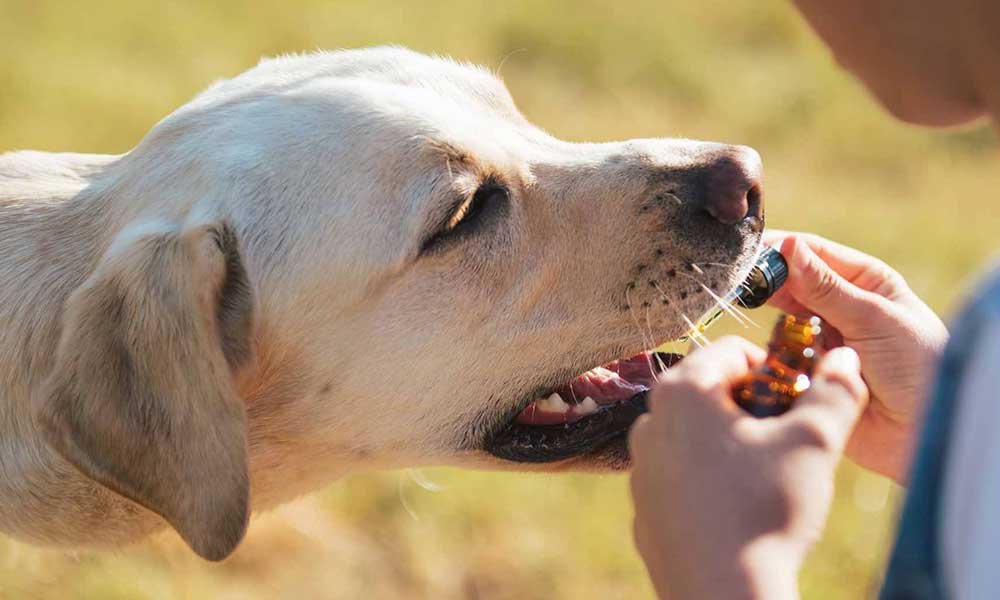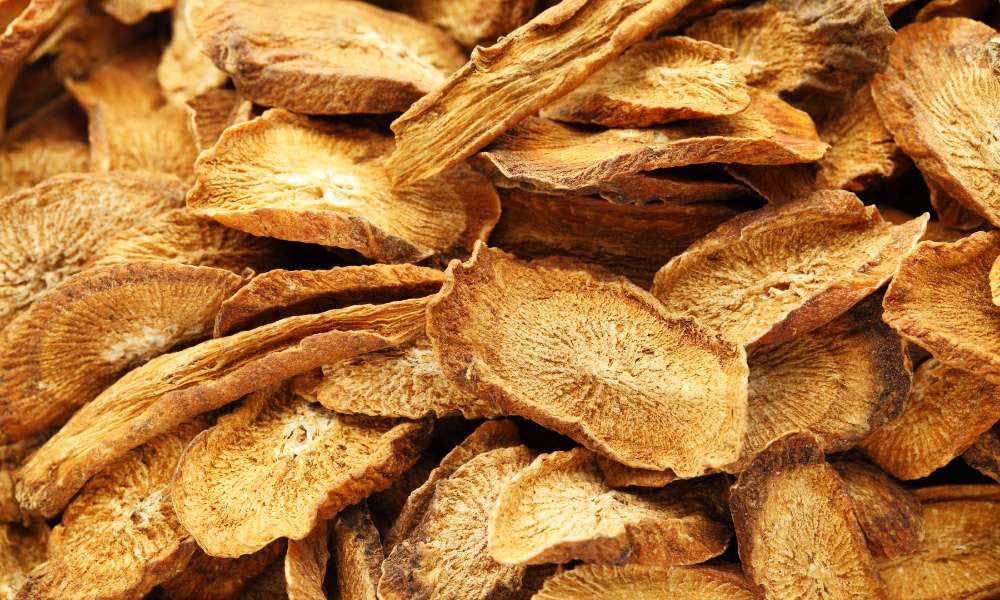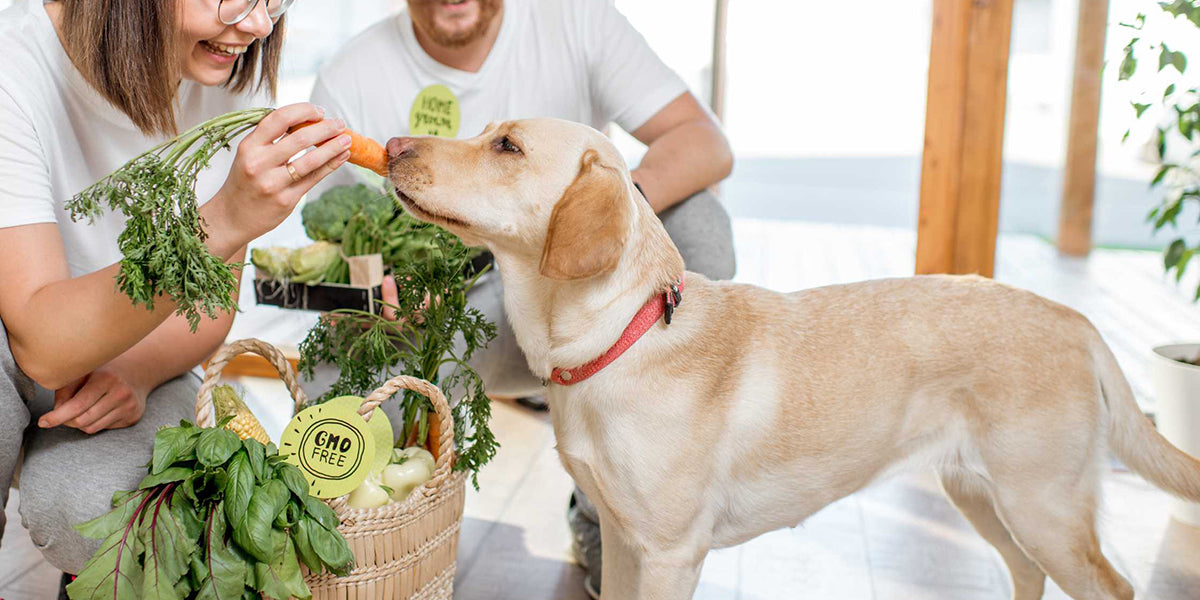When pet owners make an abrupt switch to raw feeding, they often become disheartened when they observe their dog experiencing digestive issues. These challenges can deter them from staying on course with the new diet, leading to a belief that raw feeding may be harmful to their fur baby.
However, this is not the case, it's essential to approach this change with care and consideration to ensure a smooth and comfortable transition for your dog. Sudden shifts in diet can lead to digestive issues, not just with raw food but any dietary change.
PetWell DIGEST can help in supporting a dog’s digressive health whilst transitioning to a new diet.
DIGEST is formulated by a pet naturopath and includes all-natural, human-grade ingredients that promote optimal digestion, and a healthy gut microbiome, which are essential for a strong digestive system.
The enzymes in PetWell DIGEST assist in breaking down food and enhancing nutrient absorption, ensuring that dogs receive maximum nutritional benefits from their diet.
The inclusion of probiotics in the supplement introduces beneficial bacteria into the gut, further enhancing digestion, immune function, and overall digestive health.
In this blog, we recognise the importance of a gradual transition and have crafted an easy-to-follow guide to help you smoothly transition your dog's current diet to a healthier one.
By taking small, thoughtful steps, we can pave the way for a successful dietary shift, promoting your dog's health and happiness for years to come.
Digestive Issues Caused by Abrupt Diet Changes
Abrupt changes in a dog's diet can disrupt the balance of the digestive system and lead to gastrointestinal upset, such as diarrhoea, vomiting, gas, and bloating. Dogs have sensitive digestive systems, and sudden shifts in their food can be challenging for them to handle.
The duration of digestive issues can also vary from dog to dog. In some cases, the issues may subside within a day or two as the digestive system adapts to the new food.
For more sensitive dogs, it may take up to a week or even longer for their system to adjust fully. If the digestive issues persist or worsen, consult your veterinarian for guidance.
The 7 Day Transition Plan

To prevent digestive issues during a diet transition, it's essential to follow a gradual approach. Slowly introduce the new food by mixing it with the old food in increasing proportions over the course of several days. Here's a general guideline for a smooth transition:
Days 1-2
Start with 75% old food and 25% new food.
Days 3-4
Mix 50% old food with 50% new food.
Days 5-6
Offer 25% old food and 75% new food.
Day 7 and onwards
Your dog can now be fully transitioned to the new food.
Keep a close eye on your dog during the transition period. If you notice any signs of digestive upset, slow down the process and extend the time spent on each stage.
Every dog is different, so the transition period can vary based on their individual tolerance and sensitivity.
For a diet tailored to your dog's specific nutritional requirements, seeking guidance from a pet naturopath or nutritionist is a great way to go. Their expertise will enable them to develop a comprehensive transition plan that caters to your dog's individual needs, ensuring they receive the optimal nutrition for a happy and healthy life.
Every dog is different, so the transition period can vary based on their individual tolerance and sensitivity.
In Summary
Each dog's response to a diet change is unique, and it's crucial to be patient and observant throughout the transition process.
By taking a gradual approach and being attentive to your dog's needs, you can minimise the risk of digestive issues and help them adjust to their new diet more comfortably.
Disclaimer: The entire contents of this email and website are not to be taken as medical advice. The team at PetWell encourages you to make your own pet healthcare decisions based on your research. And in partnership with a qualified pet healthcare professional.
